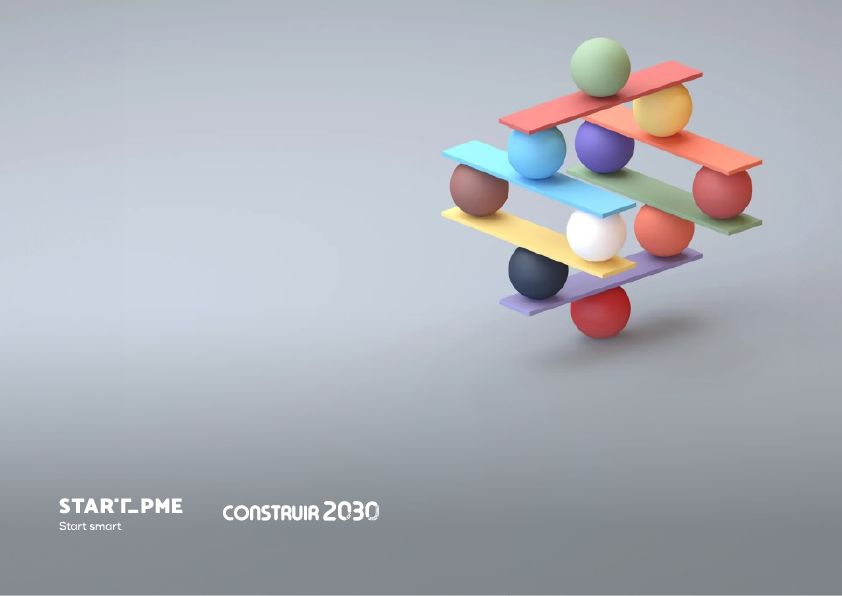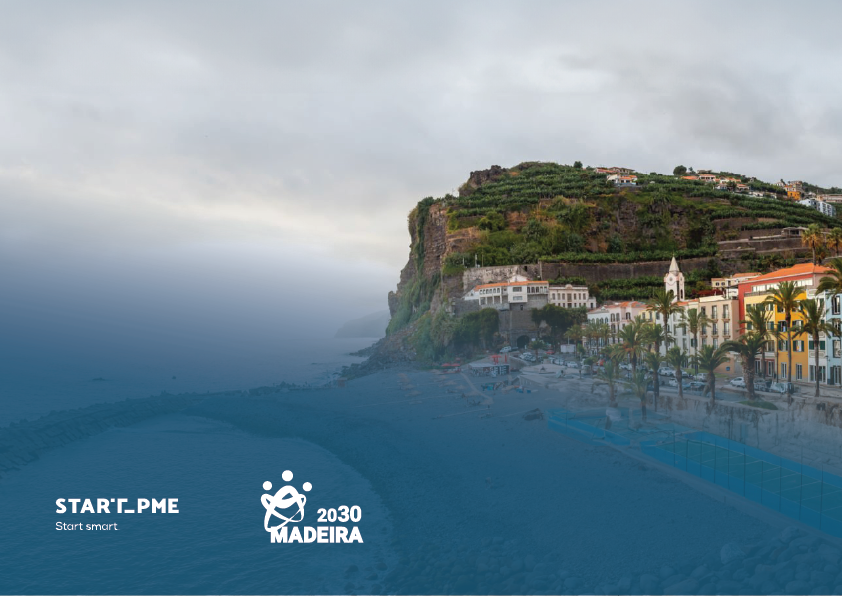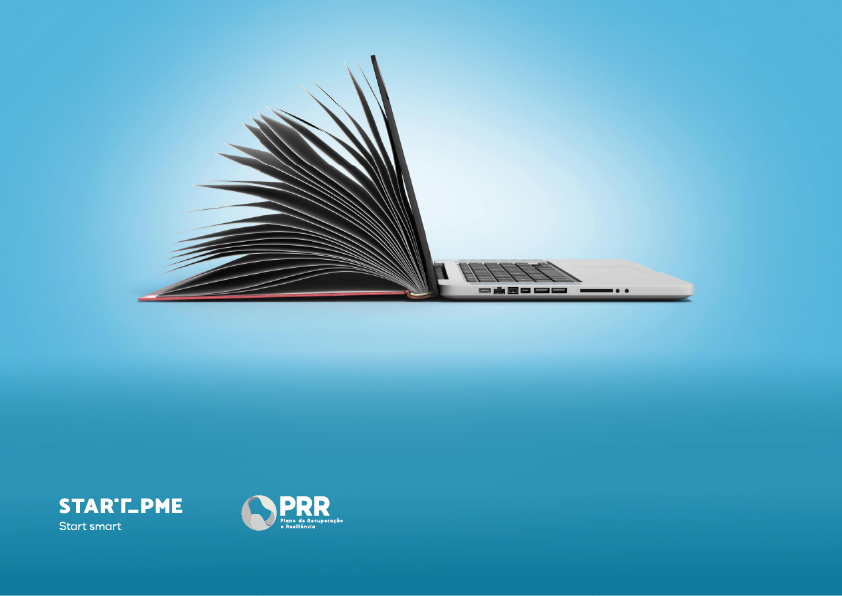
Business Innovation: Reindustrialization Line
Recovery and Resilience Plan
With a non-refundable fund of up to 40% in Productive Innovation and up to 80% in Research and Development, the PRR component: Business Innovation – Reindustrialize Line aims to stimulate strategic investments in research, development, certification, production and internationalization of goods and services integrated in the domains of Industry.
Programme Status
Open
Financing
Up to 80% Lost Fund
Territory
Mainland Portugal
Eligible Entities
Companies of any size

Business Innovation: Reindustrialization Line
Recovery and Resilience Plan
With a non-refundable fund of up to 40% in Productive Innovation and up to 80% in Research and Development, the PRR component: Business Innovation – Reindustrialize Line aims to stimulate strategic investments in research, development, certification, production and internationalization of goods and services integrated in the domains of Industry.
Programme Status
Open
Financing
Up to 80% Lost Fund
Territory
Mainland Portugal
Eligible Entities
Companies of any size
Incentive Conditions
- With non-repayable grants of up to 40% for Productive Innovation and up to 80% for Research and Development, the PRR component: Business Innovation – Reindustrialization Line aims to stimulate strategic investments in research, development, certification, production, and internationalization of goods and services within the industrial sectors.
- Two types of actions:
- 1. Investment Projects in Productive Innovation
- Creation of a new establishment
- Increase of capacity in an existing establishment
- Diversification of production in an establishment into products not previously produced there
- Fundamental change in the overall production process or service delivery of an establishment
- 2. Investment Projects in Research and Development
- Industrial research and experimental development projects aimed at developing new products or services
- Creation or expansion of permanent R&D teams within the company
- 1. Investment Projects in Productive Innovation
- Mainland Portugal.
- Companies of any size.
- Productive Innovation Investment Projects
- Up to 60% Non-Repayable Grant
- Research and Development Investment Projects
- Up to 80% Non-Repayable Grant
- In addition to the funding under this instrument, a 100% repayable loan may also be granted to cover non-eligible expenses and working capital needs, calculated based on the project’s total investment.
- Minimum Investment:
- 500.000 €
- Maximum Investment:
- 25 milhões €
- 1. Productive Innovation Investment Projects
- a) Tangible assets, including the purchase of machinery and equipment, costs directly attributable to installing and operating them, as well as the acquisition of IT equipment and software required for their operation. These must also be depreciable and included in the assets of the beneficiary company.
- b) Construction of buildings, renovation works, and other construction, in duly justified cases, provided that such costs do not exceed 30% of the eligible expenses under the productive investment component.
- c) Intangible assets, including technology transfer through the acquisition of national and international patent rights, licenses, unpatented technical knowledge, and standard or tailor-made software. For large companies, these expenses are limited to 50% of total eligible costs.
- 2. Research and Development Investment Projects
- a) Personnel costs for technical staff dedicated to the R&D investment project: researchers, technicians, and support staff, to the extent that they work on the project.
- b) Costs of instruments and equipment, to the extent and during the period in which they are used for the project. If such assets are not used for their full lifetime in the project, only the depreciation costs corresponding to the project’s duration, calculated according to generally accepted accounting principles, are eligible.
- c) Building costs, to the extent and during the period in which they are used for the R&D project. Only depreciation costs corresponding to the project’s duration are eligible.
- d) Costs of contract research, knowledge, and patents acquired from external sources at market prices, as well as consultancy and equivalent services used exclusively in the project.
- e) Overheads and other expenses, including materials, supplies, and consumables directly arising from the project, calculated using a simplified cost approach in the form of a maximum fixed rate of 20% applied to the total eligible R&D project costs.
- f) Costs of obtaining, validating, and defending patents and other intangible assets.
- g) Costs related to the secondment of highly qualified personnel from a research and knowledge-dissemination organization or a large enterprise, assigned to research, development, and innovation tasks in a newly created function within the beneficiary company, without replacing existing staff.
- h) Costs of consultancy and support services in innovation.
- Other Expenses
- a) Costs of certified accountants or statutory auditors for validating expenditure in payment requests, up to a maximum of €5,000.
- b) Engineering services, studies, diagnostics, audits, marketing plans, architectural and engineering projects, as well as costs for hiring independent experts to justify expenses and classify them as industrial research or experimental development activities.
- Qualification and Internationalization
- a) Costs of optimizing organizational processes, including software.
- b) Costs of product, process, and service certification.
- c) Costs of specialized consultancy services provided by external consultants, which do not represent continuous or periodic activities, nor are related to the beneficiaries’ normal operations, specifically:
- Marketing campaigns in foreign markets
- Costs of designing and registering new brands
- Costs associated with application hosting and subscription, membership in online platforms, or inclusion in directories and search engines
- d) Costs of trademark registrations and other intellectual property rights.
- e) Other expenses related to promoting internationalization, including prospecting and attracting new clients and promotional activities in foreign markets.
- f) Costs of project monitoring and development, including dissemination, awareness, and results-sharing activities.
Incentive Conditions
Eligible operations include individual projects aimed at integrated investment in research, development, certification, production, and internationalization of goods or services with dual-use applications, civilian and military, aligned with the defense and security domains.
Two types of actions:
1. Investment Projects in Productive Innovation
Creation of a new establishment
Increase of capacity in an existing establishment
Diversification of production in an establishment into products not previously produced there
Fundamental change in the overall production process or service delivery of an establishment
2. Investment Projects in Research and Development
Industrial research and experimental development projects aimed at developing new products or services
Creation or expansion of permanent R&D teams within the company
Mainland Portugal.
Companies of any size.
Productive Innovation Investment Projects
Up to 60% Non-Repayable Grant
Research and Development Investment Projects
Up to 80% Non-Repayable Grant
In addition to the funding under this instrument, a 100% repayable loan may also be granted to cover non-eligible expenses and working capital needs, calculated based on the project’s total investment.
Minimum Investment:
500.000 €
Maximum Investment:
25 milhões €
1. Productive Innovation Investment Projects
a) Tangible assets, including the purchase of machinery and equipment, costs directly attributable to installing and operating them, as well as the acquisition of IT equipment and software required for their operation. These must also be depreciable and included in the assets of the beneficiary company.
b) Construction of buildings, renovation works, and other construction, in duly justified cases, provided that such costs do not exceed 30% of the eligible expenses under the productive investment component.
c) Intangible assets, including technology transfer through the acquisition of national and international patent rights, licenses, unpatented technical knowledge, and standard or tailor-made software. For large companies, these expenses are limited to 50% of total eligible costs.
2. Research and Development Investment Projects
a) Personnel costs for technical staff dedicated to the R&D investment project: researchers, technicians, and support staff, to the extent that they work on the project.
b) Costs of instruments and equipment, to the extent and during the period in which they are used for the project. If such assets are not used for their full lifetime in the project, only the depreciation costs corresponding to the project’s duration, calculated according to generally accepted accounting principles, are eligible.
c) Building costs, to the extent and during the period in which they are used for the R&D project. Only depreciation costs corresponding to the project’s duration are eligible.
d) Costs of contract research, knowledge, and patents acquired from external sources at market prices, as well as consultancy and equivalent services used exclusively in the project.
e) Overheads and other expenses, including materials, supplies, and consumables directly arising from the project, calculated using a simplified cost approach in the form of a maximum fixed rate of 20% applied to the total eligible R&D project costs.
f) Costs of obtaining, validating, and defending patents and other intangible assets.
g) Costs related to the secondment of highly qualified personnel from a research and knowledge-dissemination organization or a large enterprise, assigned to research, development, and innovation tasks in a newly created function within the beneficiary company, without replacing existing staff.
h) Costs of consultancy and support services in innovation.
Other Expenses
a) Costs of certified accountants or statutory auditors for validating expenditure in payment requests, up to a maximum of €5,000.
b) Engineering services, studies, diagnostics, audits, marketing plans, architectural and engineering projects, as well as costs for hiring independent experts to justify expenses and classify them as industrial research or experimental development activities.
Qualification and Internationalization
a) Costs of optimizing organizational processes, including software.
b) Costs of product, process, and service certification.
c) Costs of specialized consultancy services provided by external consultants, which do not represent continuous or periodic activities, nor are related to the beneficiaries’ normal operations, specifically:
Marketing campaigns in foreign markets
Costs of designing and registering new brands
Costs associated with application hosting and subscription, membership in online platforms, or inclusion in directories and search engines
d) Costs of trademark registrations and other intellectual property rights.
e) Other expenses related to promoting internationalization, including prospecting and attracting new clients and promotional activities in foreign markets.
f) Costs of project monitoring and development, including dissemination, awareness, and results-sharing activities.




